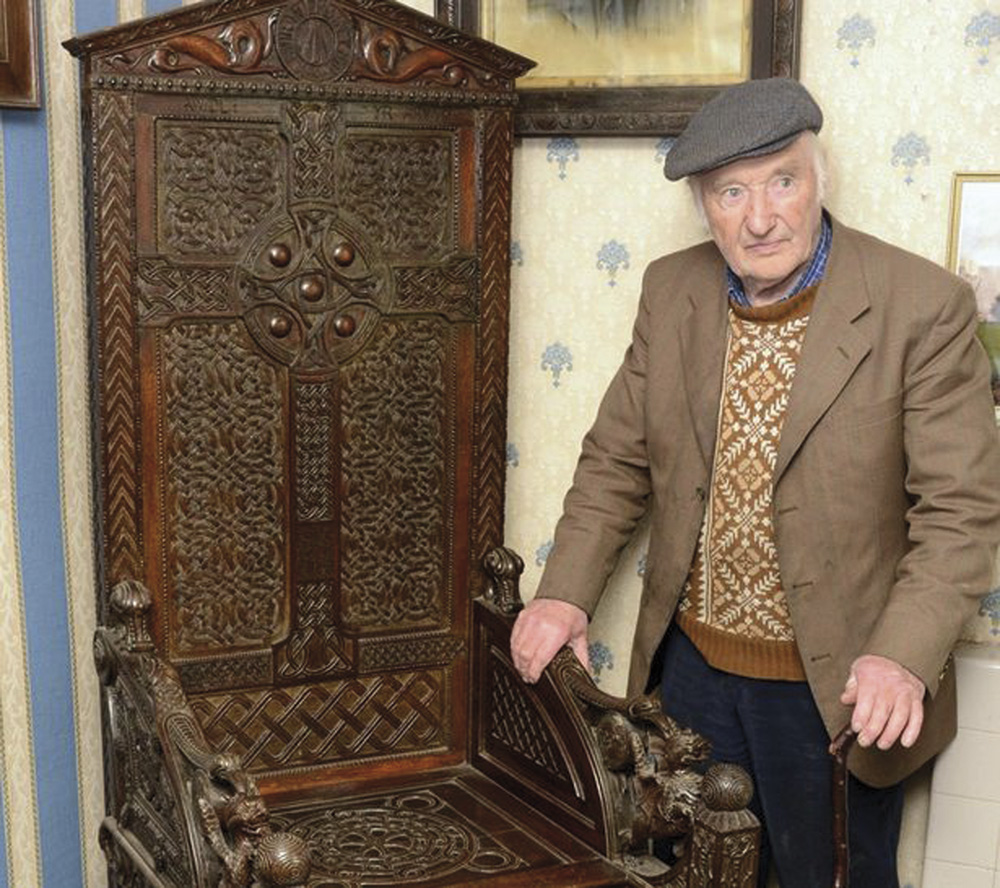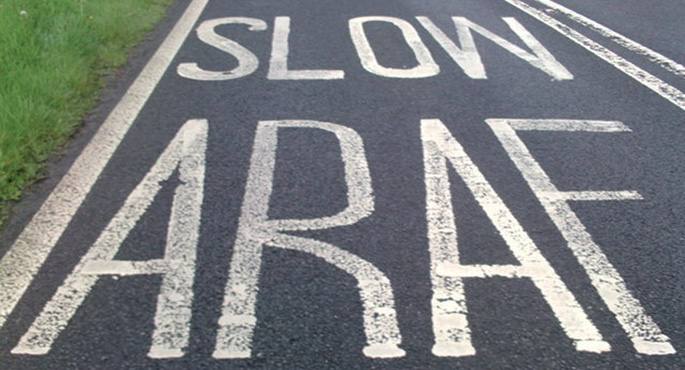Government to ask officials for basic knowledge of Wales
- By 2050, the Welsh Government wants the public sector to be fully bilingual. They want to become speakers of a million wales in 30 years' time.

From now on, employees in public positions in Wales must have a minimum knowledge of Wales. These changes are reflected in the Shock Plan submitted by the Government for the year 2050, in which officials will have to get the level of “courtesy” when they show up for work or within six months of it, in order to ensure bilingualism. Progress in public sector findings will be assessed every five years.
In its 2050 plan, the government states that Galesa is "the foundation of the country's culture, heritage and everyday life." They explained that, given that language is "part of the identity" they have as a people, it is necessary to protect its use and that the government will "preach through example", promoting its use in the public sector. Currently, only 23.6% of officials are able to understand a dialogue related to work through the Galician language, while 75% of the population lacks knowledge of the language. By 2050, however, the plan contemplates bilingual education throughout the public sector and the incorporation of one million speakers throughout the country.
They shall provide all staff and citizens with facilities for the provision and reception of Welsh services. Classroom language and telematic classes will be provided to workers, conversation groups will be provided to workers and, at all times, network support will be provided in the performance of their tasks. The Government will take advantage, to a large extent, of information technologies to boost language: the intranet for workers will be bilingual, and citizens will have an automatic translator to help carry out the formalities provided by the public service on the network with Welsh.
For the provision of direct service, public sector employees should be able to understand short and simple texts, use everyday expressions and plain language, greet the public in English and Welsh in calls and pronounce correctly the names of places and people in Welsh. On the other hand, the Government has included in the document of the bilingual plan a final obligation: officials will be required to show a good conscience and attitude towards the language.
Opinion against
According to the British BBC, the first criticism of the plan comes from the conservative side, which has denied any responsibility. The Tories point out that there are other priorities than language. In view of the difficulties surrounding the pandemic, they have pointed out that in order to achieve “the recovery of the nation” it is necessary to hire “the person most suitable for the position” in the public service. The call to speak of Wales has been seen as a disadvantage.
Galesi buruz umorez aritzeko twitter kontuan (Welsh Bollocks) aurkitu dugu esaldia. Hizkuntza bakarra jakiteak dituen “onurak” deskribatu dituzte.
"Ras yr iaith" Galeseraren aldeko Korrika abiatuko da asteazkenean. 25 herri zeharkatuko ditu iparraldetik hegoaldera, eta ostiralean amaituko da. Bigarren edizioa du ekimenak, aurrekoa orain bi urte 2014an egin zuten.
Orain gutxi jakinarazi dute Galesen ere lehen aldiz egingo dutela "Korrika" ekainean, Ras yr Iaith izenpean (hizkuntzaren lasterketa). Ekainaren 20an izango da, ostiralean eta 22 kilometroko ibilbidean bederatzi herritatik igaroko da.
New research has been found in Wales, including young people being asked about the use of Welsh. Half of the young people, between the ages of 16 and 24, say they are able to speak of Galicians fluently. One in three uses the Welsh with their friends.
Carmarthenshire is the... [+]
’Ras yr Iaith’ da galeseraren aldeko lasterketaren izena eta lehen edizio hau behintzat, 3 egunekoa izango da.
"Zergatik txiokatzen dute euskaldunek, galesdunok halako bi?" tituludun artikulua argitaratu du Rhodri ap Dyfrig Aberystwyth Universityko irakasleak bere blogean, euskara darabilten kontuen kopurua eta galesa darabiltenena berdintsuak direla kontuan izanda.
S4C galeserazko telebista kateak 2012ko azaroaren 2an ospatu zituen 30 urte antenan, ETBk baino aste batzuk lehenago.



















